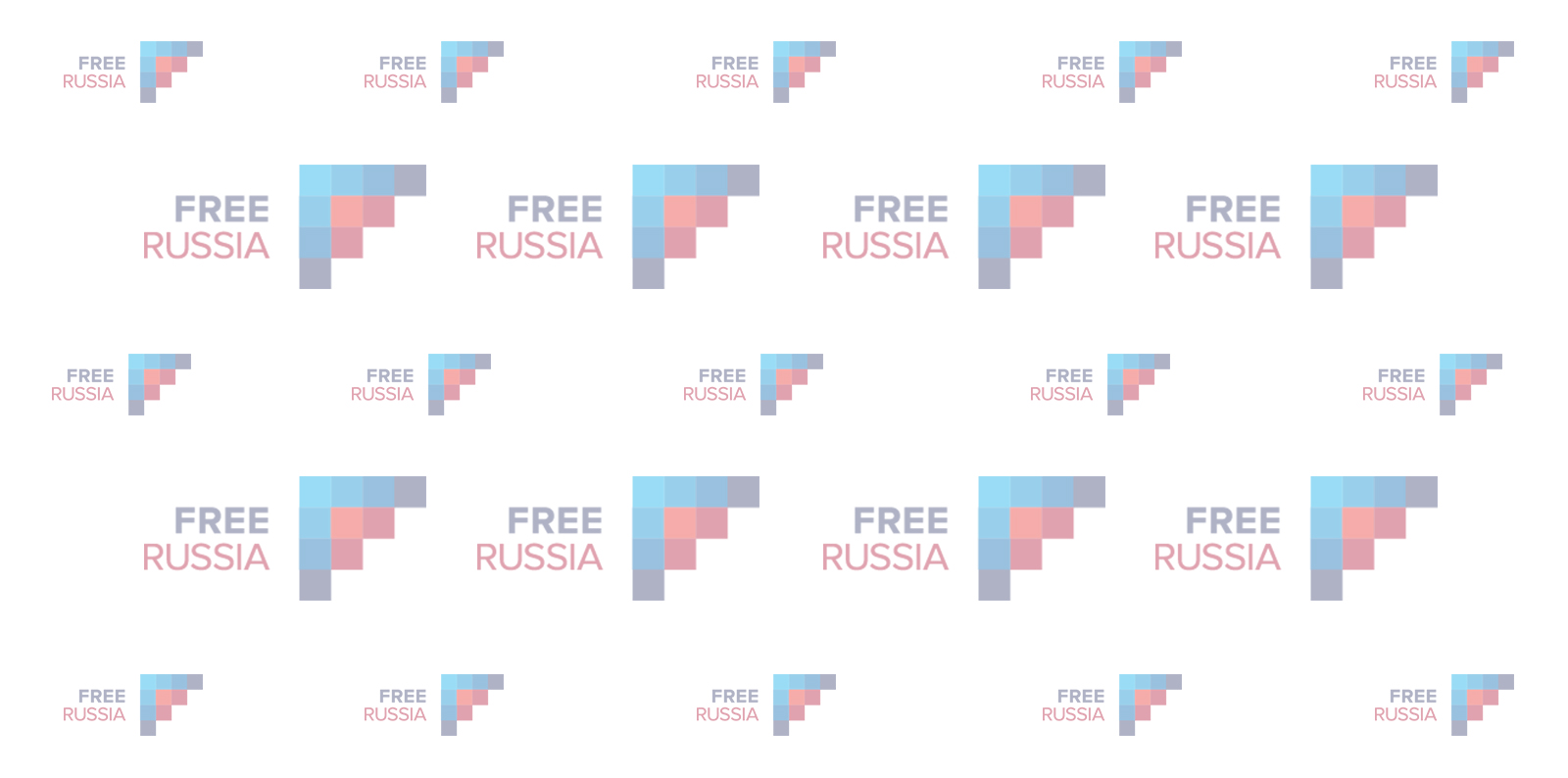Free Russia Foundation supports the statement of Amnesty International regarding the Chechen leader Ramzan Kadyrov.
Prominent international rights groups Amnesty International and the New York-based Committee to Protect Journalists (CPJ) have urged Russian President Vladimir Putin to take action following «threats» and «menacing» language deployed by Chechen leader Ramzan Kadyrov and his inner circle against journalists and activists.
Russian Federation: The federal authorities must respond immediately and decisively to latest threats against human rights defenders, journalists and political activists
The federal Russian authorities must respond to a string of thinly veiled threats against several prominent human rights defenders, media workers and political activists, which originated from the political leadership of Chechnya. Such threats should not be taken lightly. The assassination of journalist Anna Politkovskaya in 2006 and the abduction and murder of Chechen human rights defender Natalia Estemirova in 2009 were preceded by similar threats. This time, those threatened and intimidated include human rights defenders Igor Kalyapin, known for his human rights work in Chechnya and Lev Ponomarev, the Editor-in-Chief of Echo Moskvy Aleksei Venediktov, and political activist Ilya Yashin, among others.
These threats are a further sinister development in the ongoing harassment of independent NGOs and human rights defenders in Russia which has seen an ever growing number of independent NGOs labelled as “foreign agents”, and four foreign organizations labelled as “undesirable” and banned from operating in Russia.
Starting on 12 January, the Head of the Chechen Republic, Ramzan Kadyrov and other individuals from his close circle, have made a number of incendiary statements accompanied by an aggressive rhetoric, against those who they describe as “enemies of the people” and of Russia, and “traitors”. In his initial statement during a meeting with journalists to mark the Day of Russian Press, Kadyrov called for the “non-systemic opposition” (oppositional political groups not represented in the parliament) to be put on trial for their “subversive activities”.
Ramzan Kadyrov’s statement attracted much criticism, particularly from human rights defenders and other champions of civil and political freedoms in Russia. Calls were made to President Vladimir Putin to dismiss the Chechen leader for this provocative statement.
Those who publicly criticized Kadyrov were immediately subjected to pressure and harassment. Ella Pamfilova, the Human Rights Ombudsperson, was the only federal-level official who criticized Kadyrov’s statement, describing it as “meaningless” and a disservice to Russia’s President. She promptly received a call from a member of the State Duma from Chechnya, Shamsail Saraliev, who demanded that she apologize to Ramzan Kadyrov. A local MP in Krasnoyarsk who denounced Kadyrov for the same statement in a social media posting hastily retracted his criticism and declared he was “convinced of the authority of the Chechen leader” after he was contacted by “a representative of the Chechen people”.
On 16 January, the Speaker of the Chechen parliament and Kadyrov’s close associate, Magomed Daudov, published a statement in Grozny Inform, the mouthpiece of the Chechen administration, in which he blamed “non-governmental and ‘human rights’ organizations from America and Europe” for fueling past conflicts in Chechnya. He named the independent radio station Echo Moskvy and TV channel Dozhd, and made reference to several prominent human rights defenders, media workers and political activists, accusing them of high treason and other crimes. He repeated his attacks, in a deeply provocative and insulting manner, in at least two Instagram postings where he also made thinly veiled threats against those he singled out as “paid puppets” and “traitors”. Daudov’s threats were accompanied by photos of several of those he named. Further publications and personal and general attacks followed, including by Ramzan Kadyrov himself.
These threats have been made in a climate of an increasing crackdown against government critics and other dissenting voices in Russia that was epitomised by the assassination of the prominent political activist Boris Nemtsov in February 2015. There is a history of violent incidents and killings of human rights defenders and other government critics which the Russian authorities have conspicuously failed to investigate and punish. Among these is the killing of Natalia Estemirova which sent a message across Russia that human rights work – or even speaking out against the government – in Chechnya is a highly risky business.
It was a group of courageous human rights defenders from other parts of Russia, led by Igor Kalyapin and his NGO Committee against Torture (disbanded after the Russian authorities put it on the “foreign agents” list in 2015), who set up the Joint Mobile Group for Chechnya to ensure ongoing human rights work within the Chechen Republic. The Group, and Igor Kalyapin personally, have since faced a range of threats and attacks, ranging from egg-pelting by aggressive men from Chechnya at a press conference in Moscow, to the Group’s office in the Chechen capital Grozny being subjected to an arson attack on 13 December 2014, and then again ransacked on 2 June 2015 by a mob during a “protest action” outside its windows. Neither of these incidents has been effectively and impartially investigated by the authorities in spite of a wealth of evidence, including CCTV recordings, being available to them.
This pattern of threats and attacks against human rights defenders, media workers and political activists, particularly those working on Chechnya, and the continuing impunity for such acts make it imperative that the federal Russian authorities promptly and impartially investigate the threats and attacks and ensure that those responsible are brought before justice. Moreover, those who have been threatened, attacked and harassed due to their work in defending human rights must be urgently protected. As a first step, the Russian authorities should publicly acknowledge and recognize the legitimate work carried out by human rights defenders.


